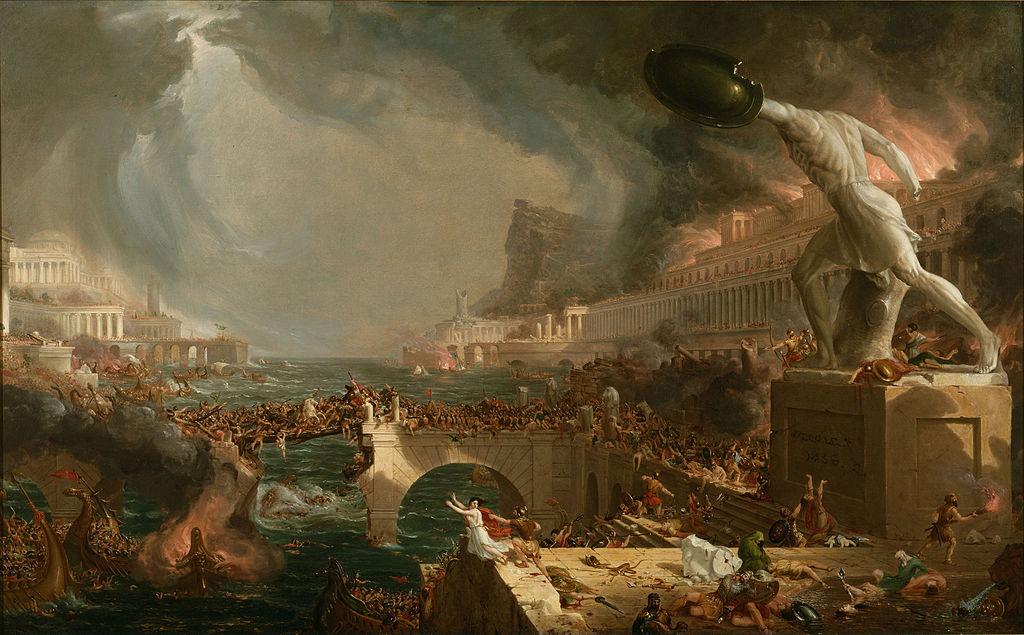Roger Kimball, the editor and publisher of monthly literary review The New Criterion, has assembled a collection of essays on the troubles facing Western civilization. Perhaps “troubles” is too weak of a word, but it seems fitting in regard to the title of the book: “Where Next? Western Civilization at the Crossroads.” After reading The New Criterion’s 10 essays, that question is glaring: Where next?
The reason I suggest “troubles” as a fitting descriptive is because the essays do not suggest an inevitable demise of the West, but rather a possible demise. This collection of thoughtful prose is a benefit to the reader in that it provides various perspectives regarding the origins of Western civilization, how it has progressed, how it has digressed, and ultimately what will end it or revive it.






